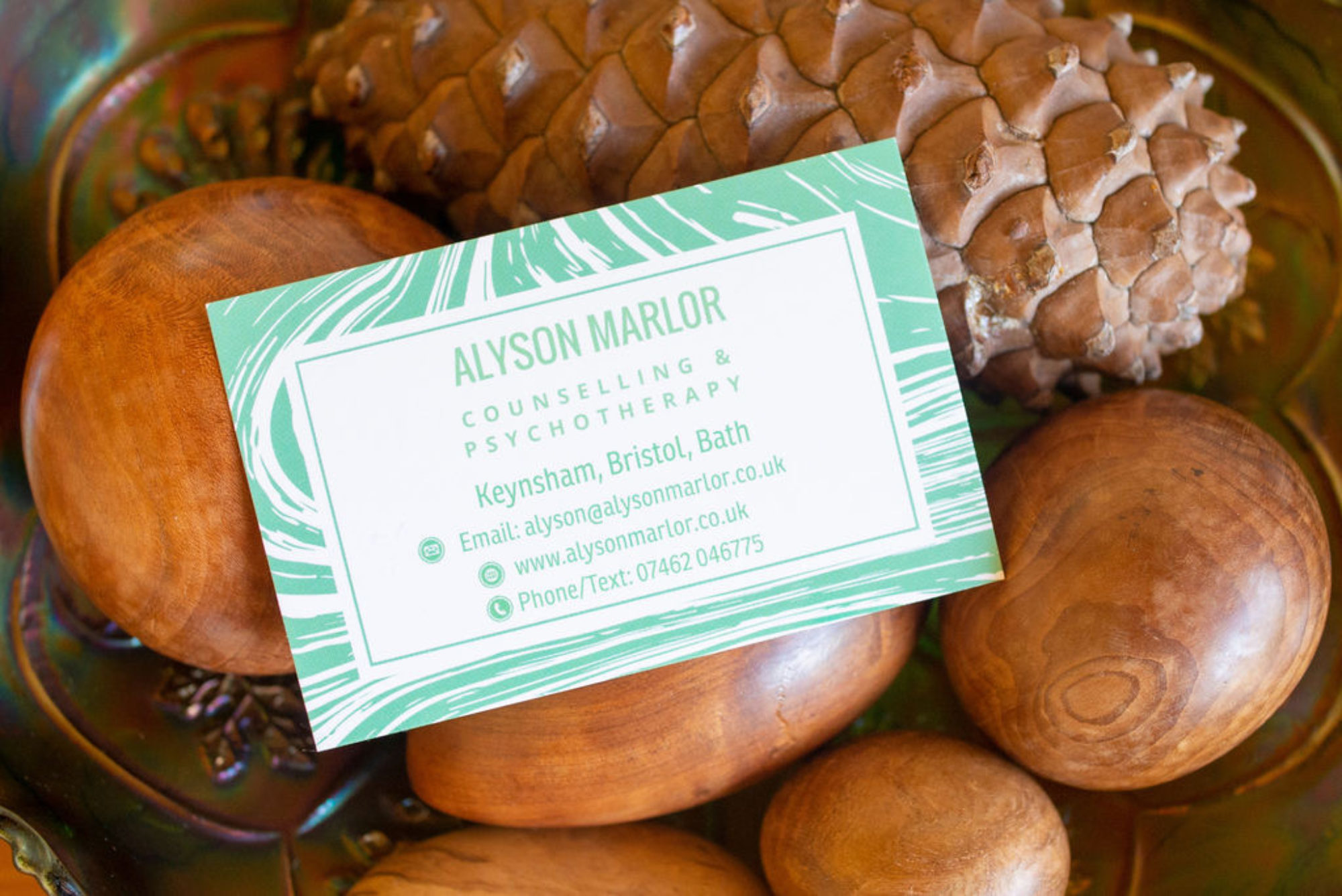Hello,
Anxiety 2
In Anxiety 1, I wrote about anxiety and hopefully I was able to normalise the feelings we may have and provide some understanding of why we feel what we do. I looked at some techniques to use when we felt overloaded by anxious thoughts or overwhelmed by panic. This time I will suggest some ways of coping with the stress and anxiety longer term.
Which factors lead to the most anxiety and stress?
The research literature suggests three factors which lead to stress are; uncertainty, lack of information and the loss of control. Welcome and desired change is difficult enough for humans; enforced change even more so. Anxiety often happens when we lose our normality and we are facing an uncertain future. Anxiety hppens when we have no control over what is happening to us. Many of life’s changes trigger our anxious danger signals. Loss and bereavement are huge triggers. Our world is turned upside down, nothing is certain any more, nothing feels safe. I am using loss in its widest sense here, loss of health, loss of relationship, loss of job, loss of security. Any loss can lead to anxiety.
What can we do to help our anxiety and stress in the longer term?
Here are some ways to reduce stress and anxiety. Pick what appeals to you. It’s good to try something from each area.
- Grounding Techniques
- Breathing exercises
- Meditatation
- Visualisations
- Listening to rhythmic music
- Expressive and Creative strategies
- Creative – art, drawing, painting, model making, crafts
- Cognitive – problem solving, lateral thinking, puzzles, crosswords, suduko
- Physical – movement, exercise, dance, sports, athletics ( some of this is very tricky at the moment so try to find something you can do that triggers endorphins).
- Reflective exploration strategies
- Take time to notice what is going on for you. Ask: What am I thinking? What am I feeling? Have I felt like this before? Why? What did I do then? Do I want to do the same? What resources do I have to deal with this? Where can I seek help?
- Monitor your triggers. Is social media triggering your anxiety? How much news is bearable? Which conversations are triggering? Once you recognise your own triggers, you can start to mitigate the effects.
- Journaling or writing. This can be a great way to crystalise the above. If you’ve never journaled before, just start to write. I started my first journal with the words, “I have no clue what to write about…….” and an hour and several pages later what had emerged was very enlightening.
- Stay informed (with what feels ok to you) and give yourself time to process.
- Healthy Lifestyle and Values
- As far as possible, stick to your healthy habits of nutrition, exercise, sleep and routines. This isn’t the time for overhauling everything in your life though.
- Seek out healthy pleasures and take time to stop and appreciate things. Be really mindful of the good things in the here and now.
- Seek out healthy relationships. Stay connected to those people who calm your soul and bring you joy. Focus on your attachment figures.
- Stay congruent to your values and be led by them. Stay authentic to yourself.
- Change your experience of anxiety
- Try not to avoid it. Make friends with it. Ask it what it’s trying to tell you. Thank it for looking out for you. It’s trying to keep you safe. It sometimes gets it wrong and then you can thank it for keeping you alert but tell it to stand back.
- Know that you’re feeling this way because this really matters. Your heart really is in it.
- Have compassion for yourself and understanding. Anxiety and stress are really normal in many circumstances. You’re doing an amazing job despite sometimes feeling terrified.
Warm wishes
Alyson

